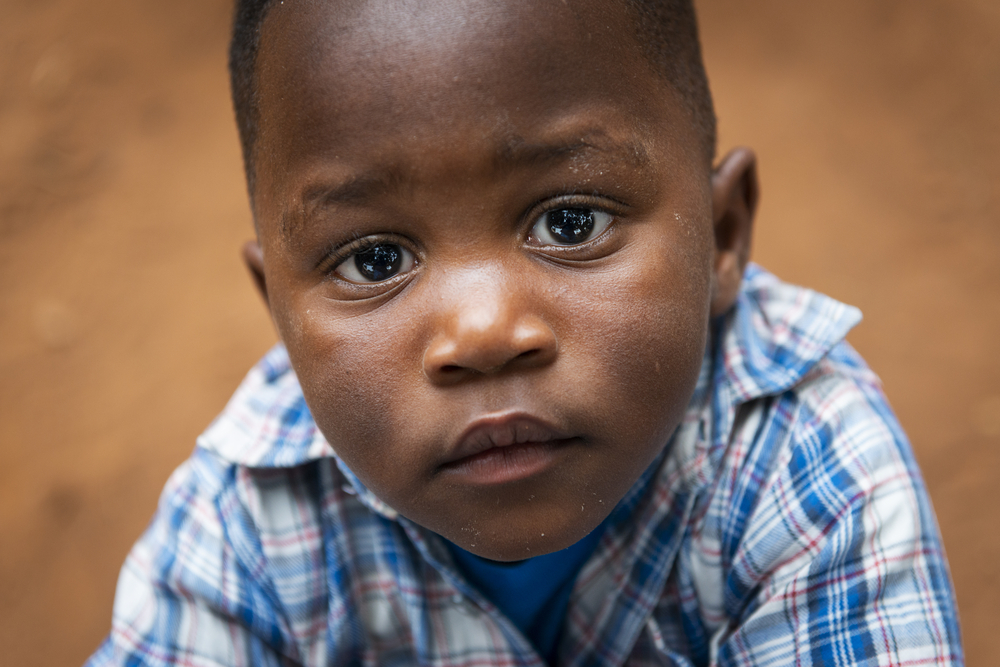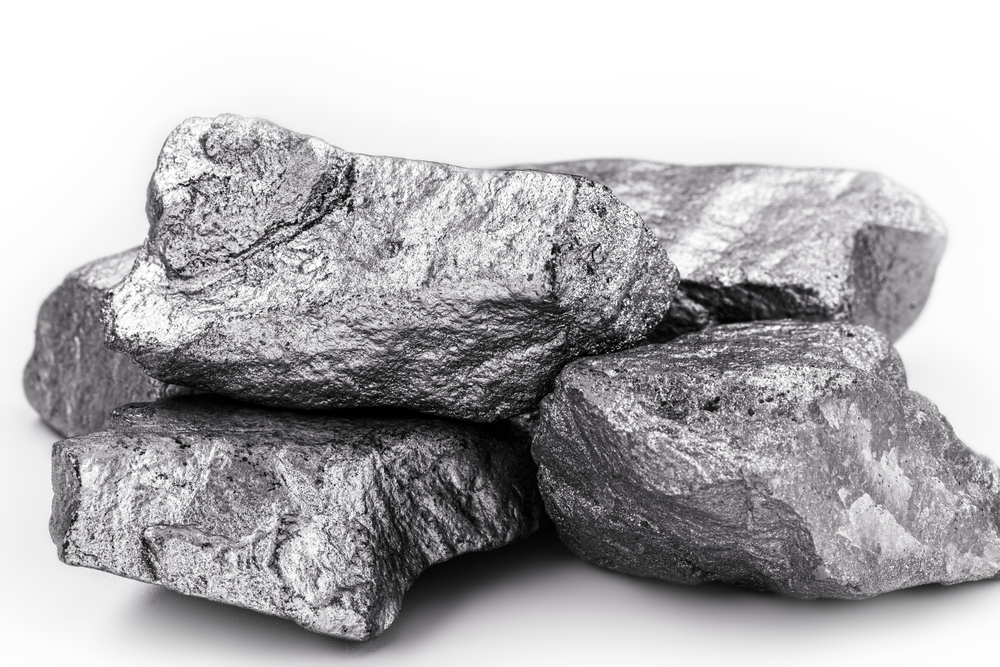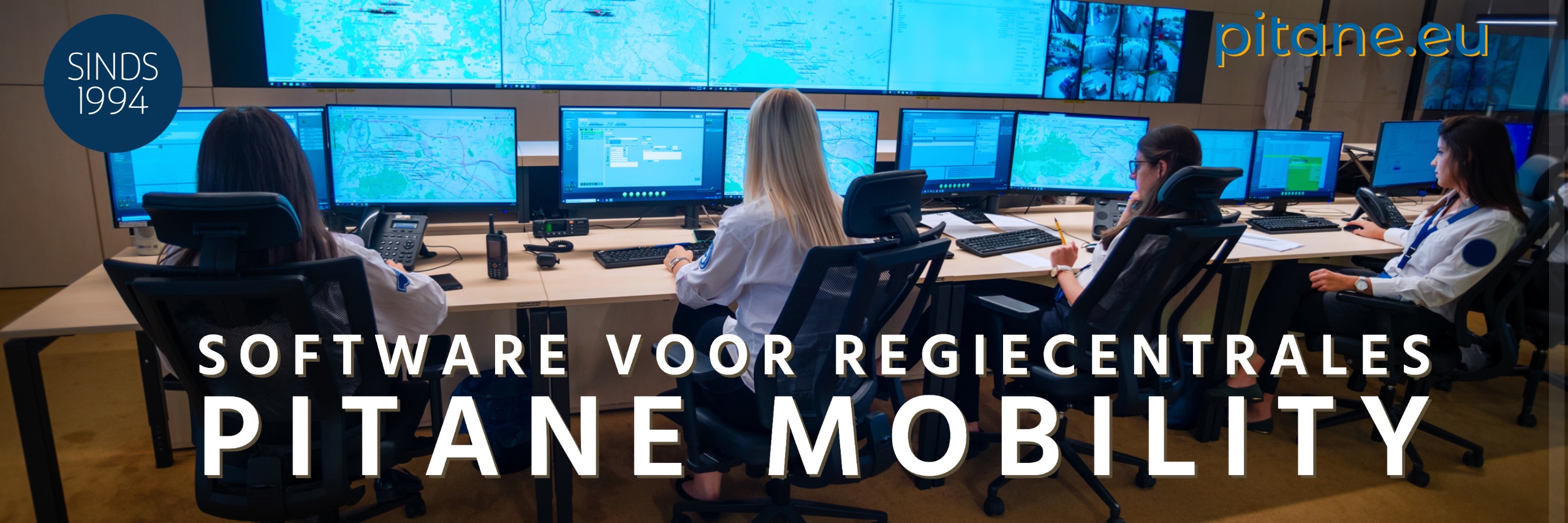While the transition to electric vehicles is crucial in the fight against climate change, it is also important that this transition does not come at the expense of the most vulnerable.
In the fast-growing electric car industry, demand for batteries has increased exponentially. These batteries require specific raw materials such as cobalt, a crucial element for the efficiency and durability of lithium-ion batteries. A significant portion of the world's supply of cobalt comes from the Democratic Republic of Congo (DRC), where notifications of child labor in mines are alarming. The average electric car battery requires more than 13 kg of cobalt.
According to studies by human rights organizations children, sometimes as young as six years old, work under dangerous conditions in the cobalt mines of the DRC. They dig tunnels with hand tools, are exposed to toxic substances, and are at high risk of serious injury. These practices not only violate international child labor standards, but also seriously endanger the health and safety of these children.
Amnesty International recognizes the important role of rechargeable batteries in the energy transition from fossil to renewable fuels. But climate justice requires a just transition. A global economy without fossil fuels should not lead to more human rights violations.

Congo has the largest cobalt reserves in the world. Due to the growing demand for these products, the mines in the country are being expanded rapidly. By investing in education, healthcare and other social services, mining companies and governments can help provide an alternative to child labor.
This situation has raised international concerns and pressure on battery manufacturers and car companies to verify their supply chains and ensure that their products are free of child labor. Some companies have responded by investing in the traceability of their cobalt supply and working with organizations committed to improving working conditions in the mines.
Despite these efforts, challenges remain. Illegal mining and poor regulation in the DRC make control of the supply chain difficult. Furthermore, global demand for cobalt is so high that completely eliminating unethically sourced cobalt from the supply chain is a complex task.

International cooperation is also crucial. Organizations such as the United Nations and the International Labor Organization (ILO) play an important role in setting standards and providing platforms for governments and companies to share best practices and coordinate joint efforts.
In addition to cobalt, other raw materials such as lithium and nickel are essential for the production of batteries for electric cars. There are also concerns about environmental impact and working conditions in the extraction of these raw materials, although the issue of child labor appears to be less prominent than with cobalt.
This situation raises questions about the ethical responsibility of manufacturers and consumers. While the transition to electric vehicles is crucial in the fight against climate change, it is also important that this transition does not come at the expense of the most vulnerable. It is essential that industry and consumers are aware of the origins of the raw materials used in these products and exert pressure to ensure ethical practices throughout the supply chain.



